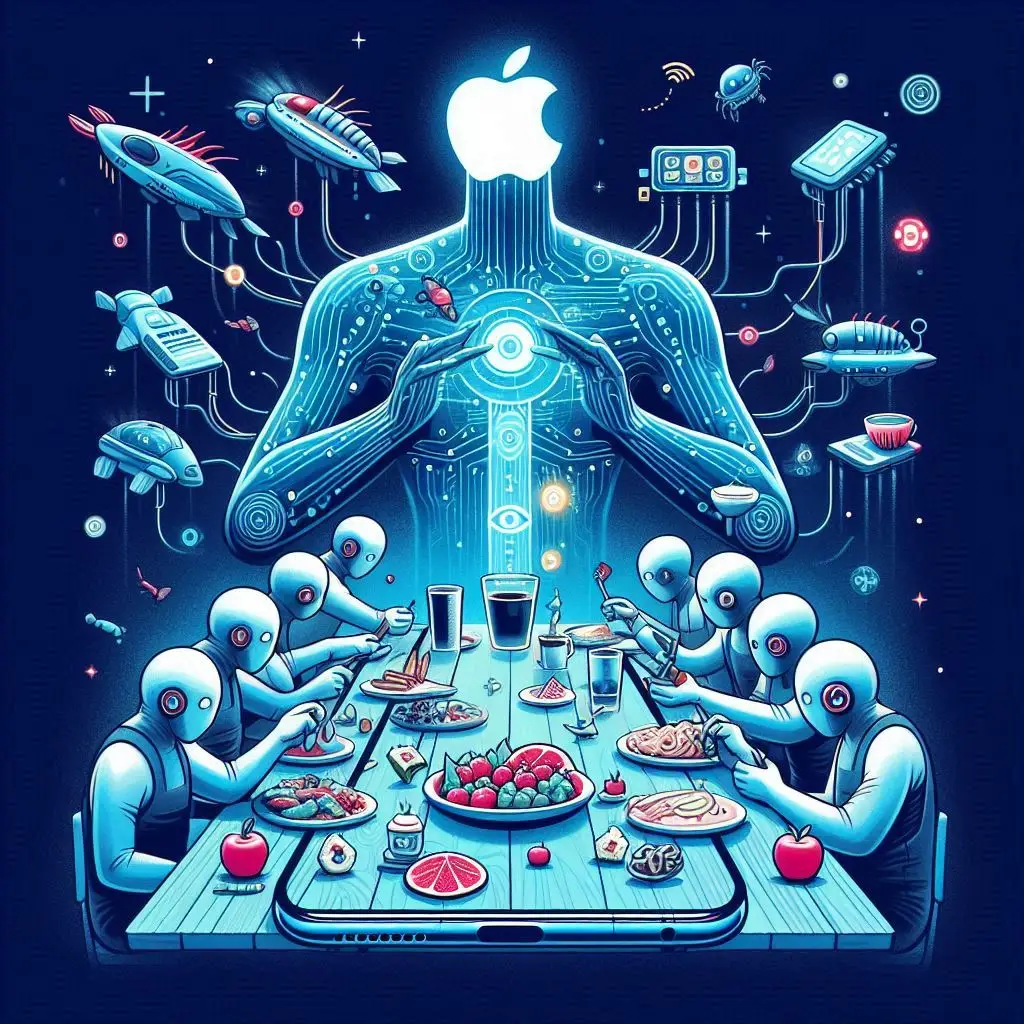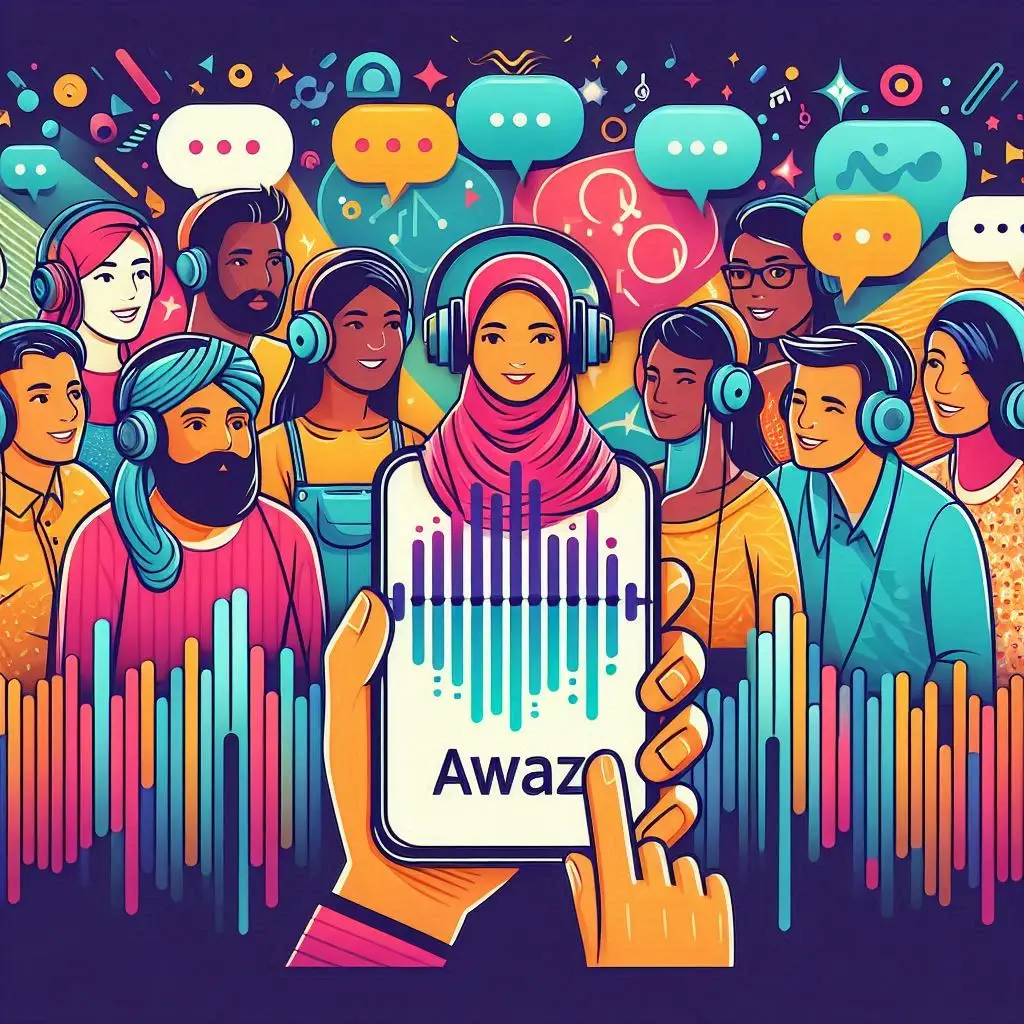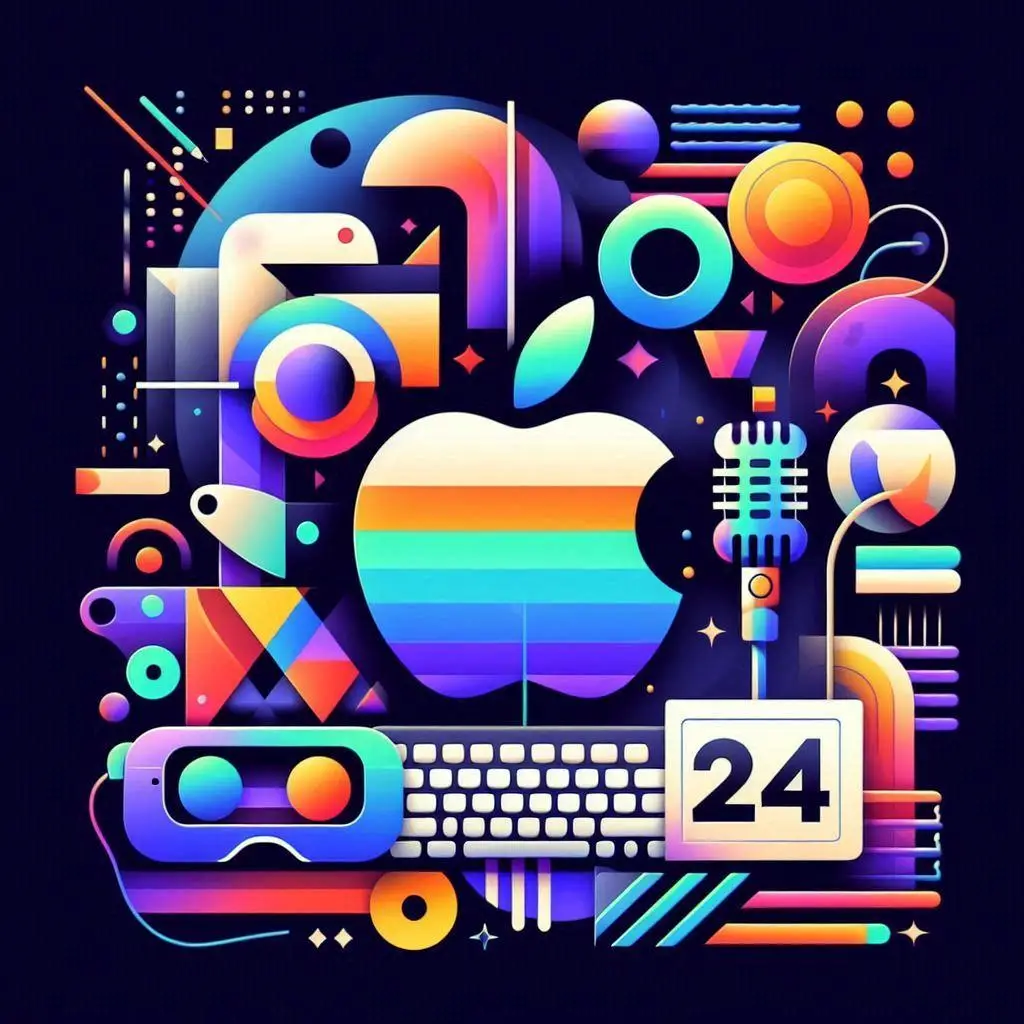Introduction
Apple's annual Worldwide Developers Conference (WWDC) has long been a showcase for innovation, where new features and updates to iOS and macOS are revealed. However, this event also marks a pivotal moment for many third-party app developers who may find their ideas integrated into Apple's own software, a practice colloquially known as "sherlocking." With iOS 18 on the horizon, the implications of this strategy are once again in focus, particularly for developers whose revenue streams and user bases may be significantly affected.
The Concept of "Sherlocking"
The term "sherlocking" derives from Apple's historical tendency to incorporate functionalities from popular third-party apps into its own ecosystem. Originally inspired by the case of a Mac search app named Watson, this practice has since extended to a wide range of applications across various categories. From flashlight utilities to sophisticated productivity tools, Apple's strategy aims to enhance user experience by integrating sought-after features directly into its operating systems.
Financial Impact on Developers
According to a recent analysis by Appfigures, apps potentially "sherlocked" by Apple in iOS 18 have collectively generated around $393 million in revenue over the past year alone. This figure underscores the substantial financial stakes involved for developers whose innovations may now face direct competition from Apple's native solutions. Categories such as trail apps, grammar helpers, password managers, and emoji makers are among those identified as particularly vulnerable to Apple's integrated features.
Case Studies and Industry Response
For developers in these categories, the prospect of Apple offering similar functionalities poses both challenges and opportunities. While established user bases and feature-rich offerings may retain loyal customers, the ease of access and integration that Apple provides could lure casual users away from third-party alternatives. This dynamic prompts developers to innovate continuously, offering unique features and enhanced user experiences that differentiate their offerings from Apple's native solutions.
Regulatory and Ethical Considerations
The practice of sherlocking also raises broader questions about fairness and competition in the app ecosystem. Critics argue that Apple's access to proprietary data and platform dominance could potentially stifle innovation and create an uneven playing field. Instances where Apple has discontinued developer APIs or altered policies to favor its own features have sparked antitrust scrutiny, highlighting the regulatory challenges inherent in such practices.
Developer Strategies and Consumer Impact
As iOS 18 approaches, developers are strategizing to mitigate the impact of potential sherlocking. Enhanced features, cross-platform compatibility, and leveraging Apple's own advancements like Siri integration are avenues being explored to maintain competitiveness. Meanwhile, consumers may benefit from the convenience of integrated features but should also consider the diversity and innovation fostered by a robust third-party app ecosystem.
Conclusion
Apple's practice of sherlocking has become a double-edged sword for app developers, offering exposure and integration opportunities alongside heightened competition and regulatory scrutiny. As iOS 18 debuts, the balance between innovation, competition, and consumer choice remains pivotal. Developers poised to innovate and adapt stand to thrive in this evolving landscape, ensuring that the app ecosystem continues to deliver diverse solutions that cater to a broad spectrum of user needs.









Add a Comment: